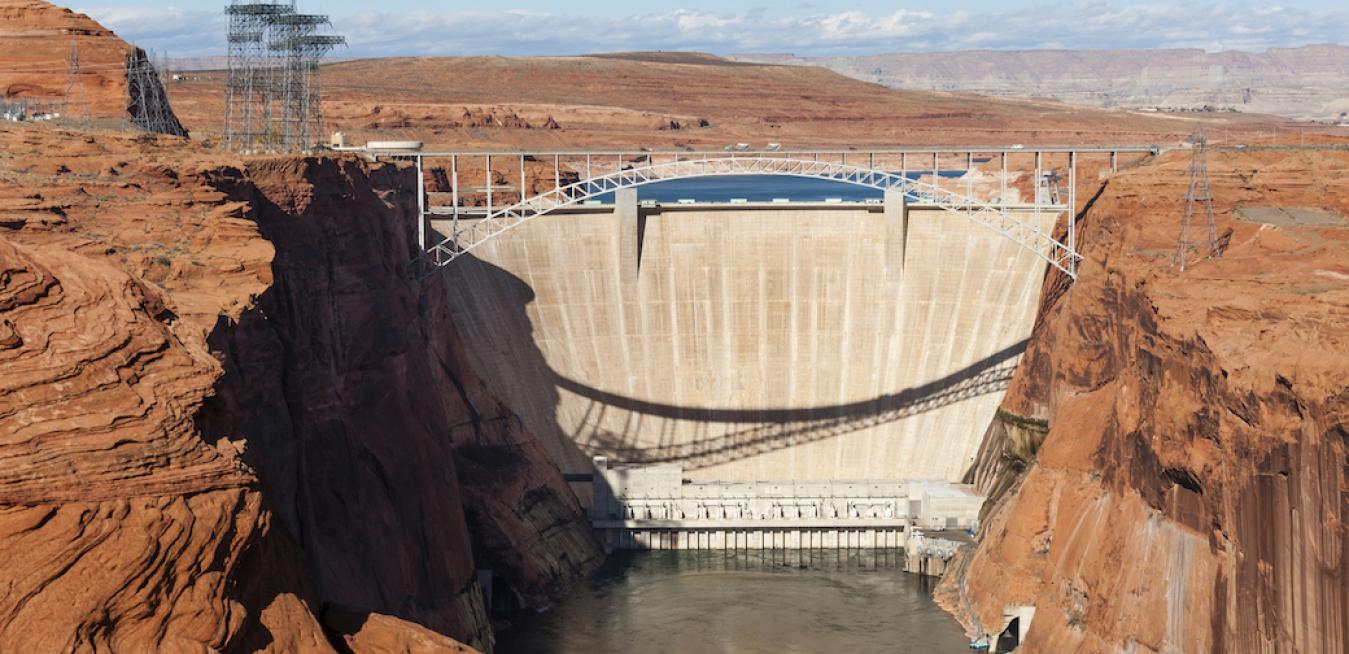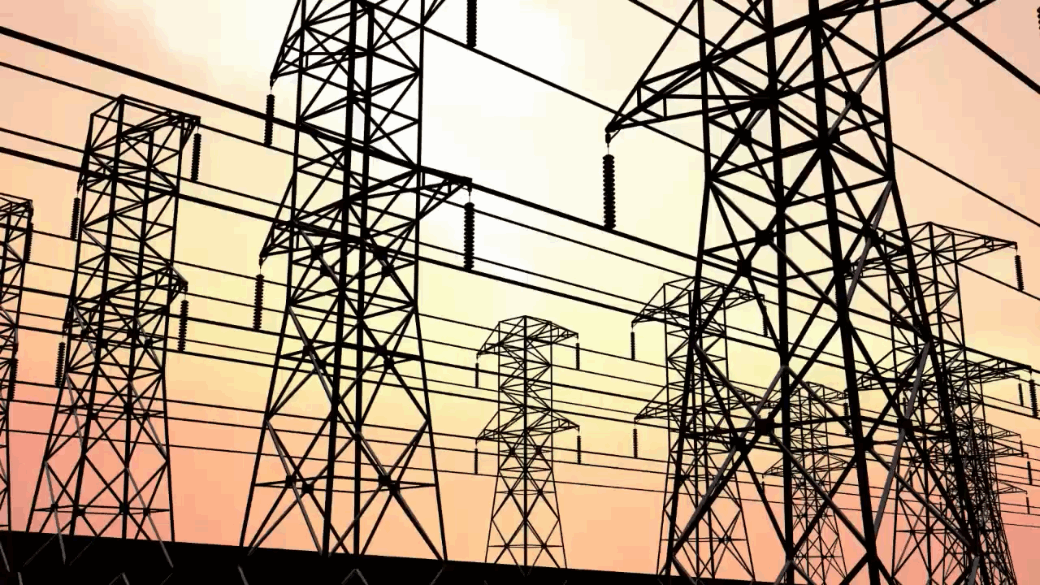The sharp decline in oil prices has placed them squarely at the center of the global economic debate. Many see low oil prices as evidence that the world economy has lost steam. Stock markets jump anxiously at every piece of news coming from the oil market.
The market story is important. But more important is that the oil and gas market is undergoing a deeper and more complex transformation, one that will have powerful repercussions over the coming decades.
The water-energy nexus presents a growing challenge for many parts of the world. We need collaboration among the public and private sector to come up with creative solutions to resource scarcity.
Instead of living in fear of uncertainty in oil markets, we must think creatively and collaboratively to change the future of the industry.
I won’t be the first oil executive to tell you that we live in a time of great uncertainty. The most visible indicator of that uncertainty is today’s low oil price and the impact that is having on our industry: on investment, on jobs, on our employees, their families and communities.
Over the coming decades, all industries will be transformed by converging technological trends that dramatically alter how companies do business. This will undoubtedly lead to many current jobs becoming obsolete. However, technological change will also create countless new roles that companies will need to fill.
We’re future-gazing and fast-forwarding to 2040, where we’re looking at the most in-demand jobs in the offshore oil and gas industry.
Virtual Reality Trainer
By embracing the 4th Industrial Revolution, we transform the electric grid and we can improve access to affordable, reliable power.
From advances in renewables to data-driven efficiencies and empowered consumers, 2016 offers the opportunity to shape the future of energy.
In my view, 2016 will prove to be a watershed year when it comes to sustainable energy. Years from now, we'll look back and realize that a variety of technological, design and demographic trends drove the power sector forward, accelerated by one key event — the Paris climate accord.
In October, GE launched Current, a startup focusing on bringing to market a holistic energy-as-a-service offering absent from the industry today. Former IBM Watson executive John Gordon just became Current’s first chief digital officer.














